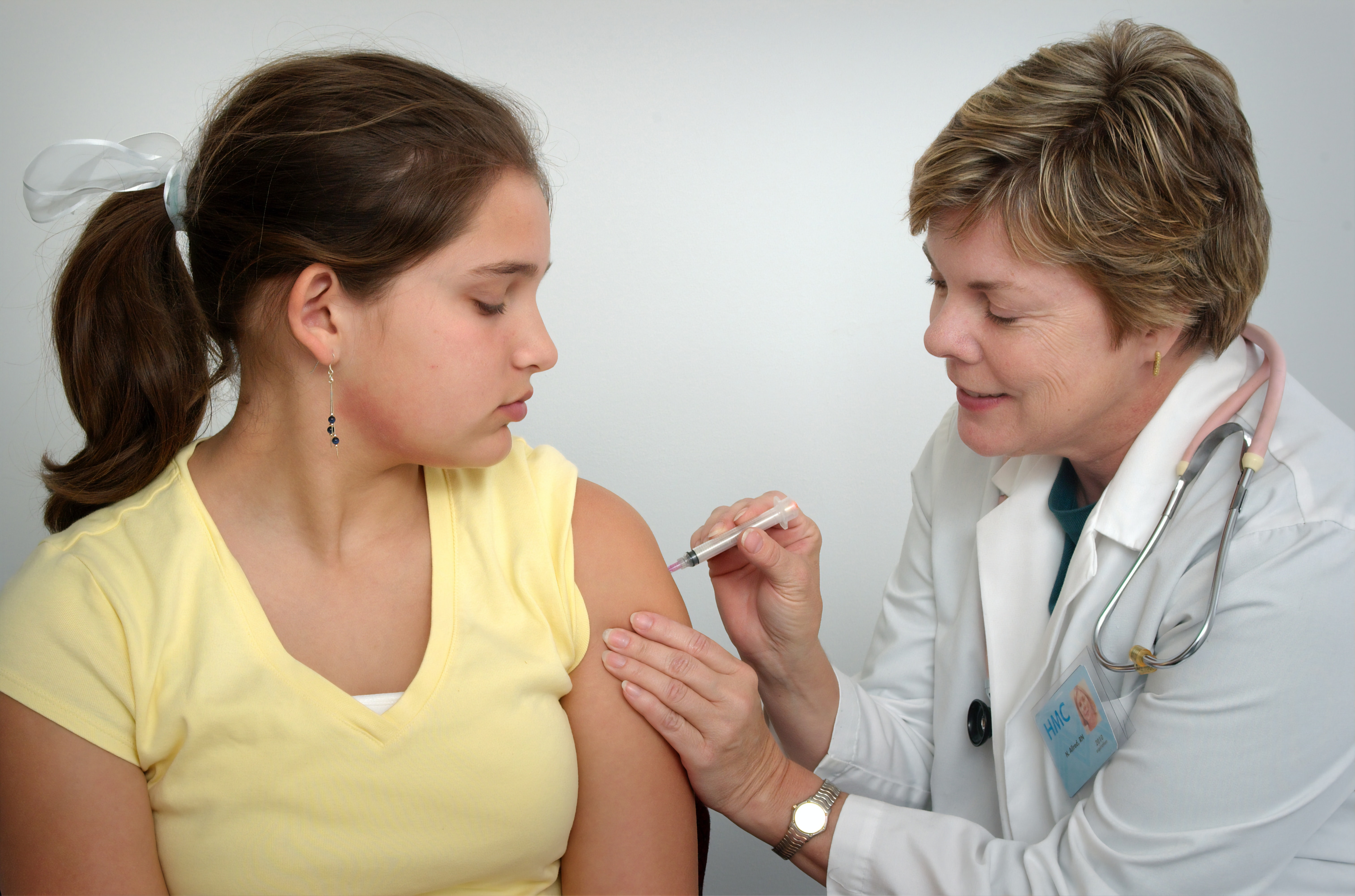Contraception and family planning III: Combined hormonal contraception

Combined hormonal contraception can be divided into several types:
- Oral contraceptive pills for daily use
- Transdermal patch such as Evra for weekly use
- Vaginal ring such as Nuvaring for monthly use
All combined hormonal contraception contained both estrogen and progesterone component. Hormonal contraception is contraindicated in patient with history of breast cancer, stroke, heart disease and blood clots (DVT and PE), migraine with aura, hypertension, recent surgery with prolonged immobilization, smoker over the aged of 35 years old or have liver or gallbladder disease. Hormonal contraception are also not recommended for women with unexplained vaginal bleeding or uninvestigated breast lump.
All patient keen for hormonal contraception will need to have their risks assess to look for any medical contraindications, family history, interacting medication, sexual history, menstrual bleeding pattern and smoking history. Patient will also have breast assessment done and have their blood pressure and BMI checked. It is recommended for patient to do pap smear.
Several side-effects of combined hormonal contraception includes breast tenderness, weight gain (usually from fluid retention), nausea, headache, loss of libido, bloating, abdominal cramps, vaginal dryness or increase vaginal secretion and skin changes (acne, hyperpigmentation, increase facial hair)
Beside contraceptive benefit, combined hormonal contraception can also help to regulate menses, decrease heavy menstrual bleeding, decrease menstrual cramps and premenstrual syndromes (PMS) It also offer protection again certain type of cancers such as endometrial and ovarian cancers and protection against benign breast diseases like fibroadenoma. Some women may notice improvement of their acne when using hormonal contraception.
There are various brand of combined hormonal contraceptive pills in the market. Be sure to take the pill every day at the same time. Depending on the the brand, your pills may have 21 or 28 pills. If you have 21 pills, take all the pills for 3 weeks followed by one week without pills or if you have 28 pills, just continue with the non-active pills for one week. Vomiting, diarrhea and certain medication can reduce the effectiveness of the pills.
A pill is “missed” if you do not take active pills for 24 or more hours after you were supposed to. If this happen, take the pill as soon as you remember, even if you have to take two pills on the same day. You do not need to use other form of contraception. If you missed 2 or more active pills, take the last pill you missed as soon as you remember, even if you have to take two pills on the same day. Throw away the other missed pills. Consider using emergency contraception if you have had unprotected sex in the last five days and do not want to become pregnant. To protect against pregnancy, use other form of contraception (such as condom) until you have taken active pills for 7 days in a row. If there are less than 7 active pills left in the pack after you take the last pill you missed, you can skip the hormone- free break by starting the next pack immediately.
Evra patch is a transdermal patch that releases hormones daily to prevent pregnancy. It can applied to any part of the skin area that is clean, dry and not very hairy such as the abdomen, buttock, upper arm or torso. It is best to change the position of each new patch to reduce risk of skin irritation. It is change every 7 days.
Nuvaring is a soft, transparent, pliable plastic ring-shaped device. It is inserted into the vagina once a month for three weeks and then removed for one week allowing menstruation to occur. It is comfortable and easy to use with no need for daily upkeep.
Combined hormonal contraception can be stop anytime in the event that you wish to get pregnant with rapid return of pre-existing fertility. If you have further questions about the different contraception options, talk to our doctors .



